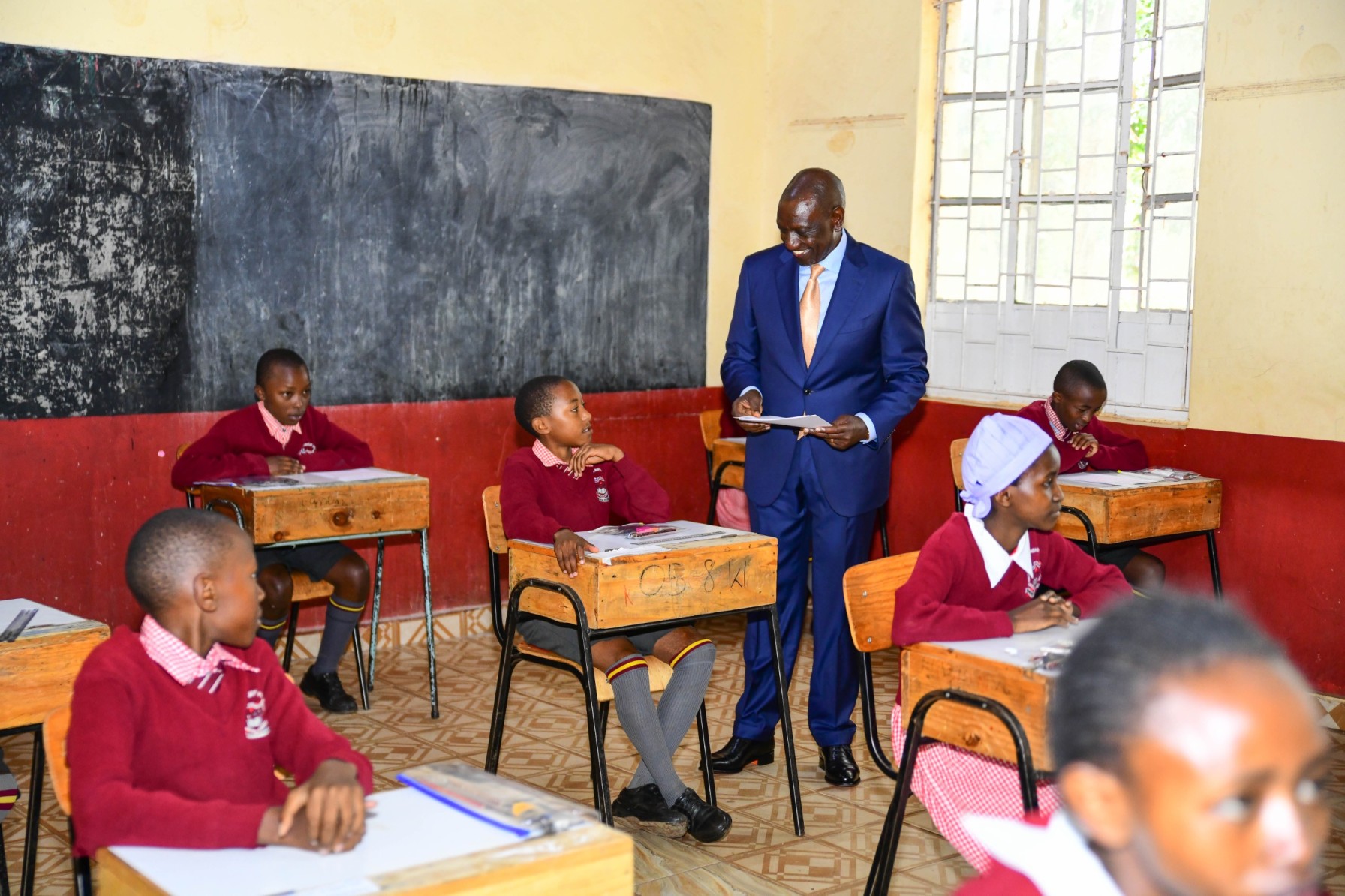The Kenya Human Rights Commission (KHRC) and Elimu Bora Working Group (EBWG) have sued to stop national examinations until the 2023 KCPE and KCSE results are forensically audited.
KHRC and EBWG want the Kenya National Examination Council (KNEC) and Education Cabinet Secretary (CS) to do this audit and publicize the findings.
Widespread irregularities in last year's KCPE and KCSE results have triggered this suit.
KNEC released KCPE results on November 23, and candidates started receiving conflicting grades.
On November 25, KNEC acknowledged these irregularities. However, it did nothing to correct the anomalies, the petitioners say.
"KNEC's handling and/or release of the KCPE examinations 2023 results cast a shadow of doubt, and/or created uncertainty amongst the general public, on the ability (or otherwise capability) of KNEC to discharge the respective mandate of its office as spelt out in the law and the Constitution," the petitioners say.
On December 8, KHRC and EBWG made an access to information request to KNEC. They sought:
- KNEC policy and guidelines on marking, award of marks and moderation process.
- KNEC examinations guidelines and regulations.
- KNEC policy and guidelines on compiling, verifying, reviewing and reporting examination results.
- KNEC service charter.
- A detailed audit of the examination process.
- Statements and reports on the last review of any subsisting policies and guidelines stated herein.
- Statements and reports on public participation and stakeholder input in formulating subsisting policies and guidelines.
The petitioners believe that the requested information is crucial in preventing future irregularities in the marking and releasing of national examination results. KNEC, however, did not respond, even when the Ombudsman intervened.
Currently, the KNEC's grading process is unclear. Reports indicate that KNEC provides markers with predetermined targets, pushing them to assess a high volume of papers, a practice that may compromise the quality of results.
Additionally, the conditions under which markers are accommodated during the marking process remain unclear, potentially impacting their mental well-being.
The lack of such clarity and transparency makes the process of grading opaque and KNEC unaccountable.
As such, the petitioners say the forensic audit should include the process of marking, award of marks, moderation process, compilation, verification, and review of the results.
According to the case, KNEC and Education CS have 90 days to complete the audit should the court rule in the petitioners' favor.
Suppose the court compels KNEC and Education CS to do the audit and fail. In that case, the petitioners want an order prohibiting them from "setting and conducting any KCSE examinations, including issuing KCSE examinations results and certificates".
Read the petition here.


